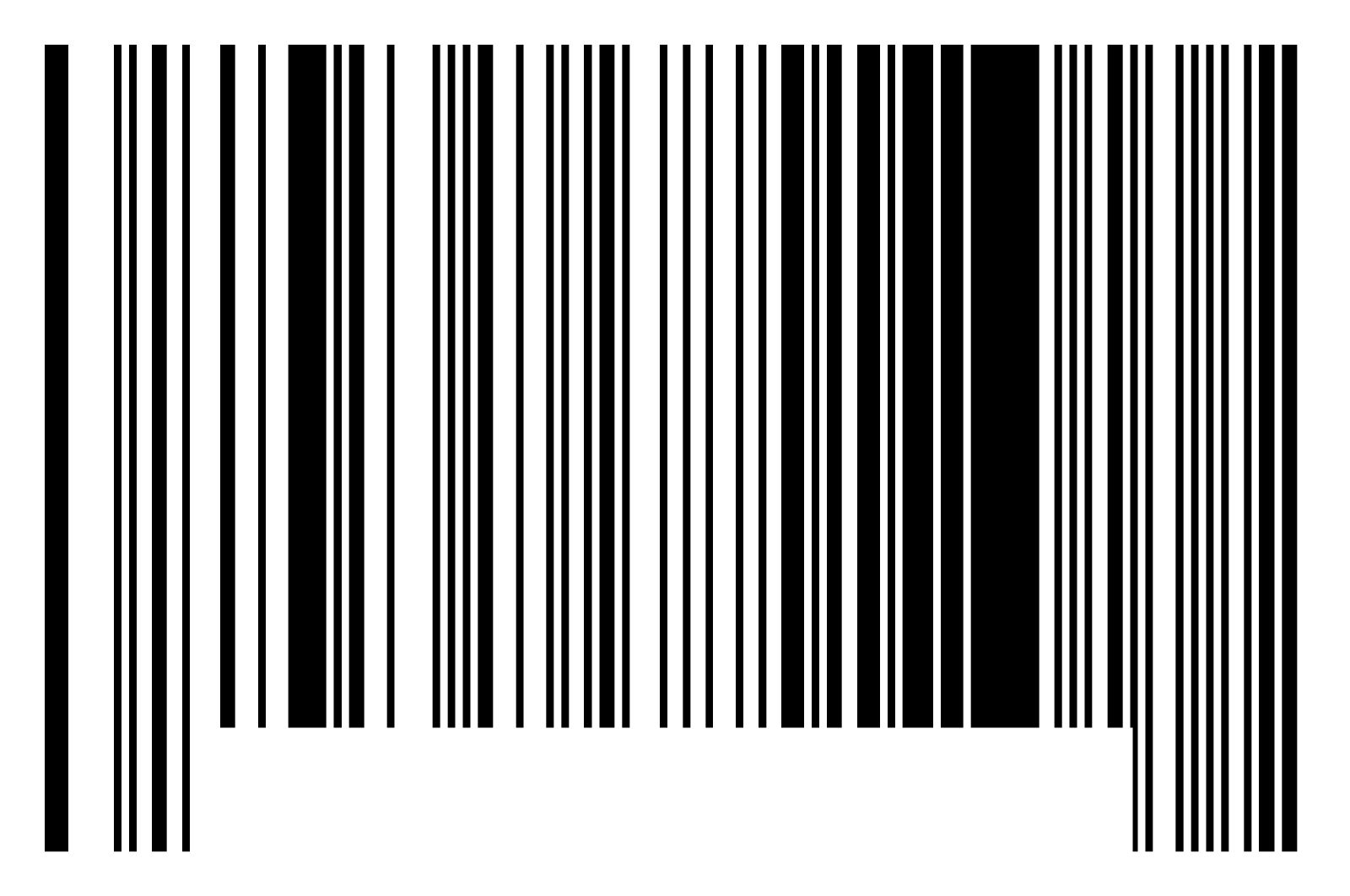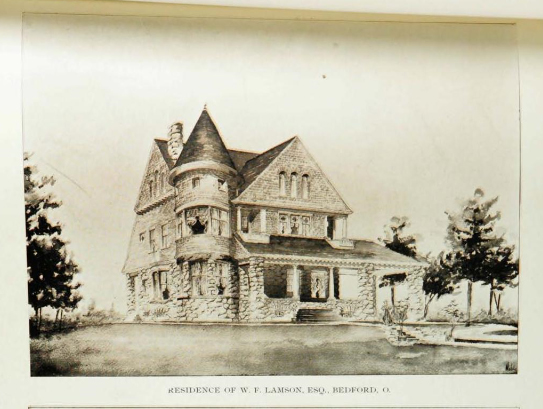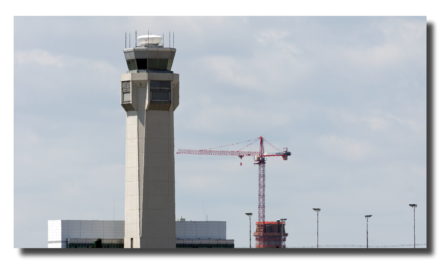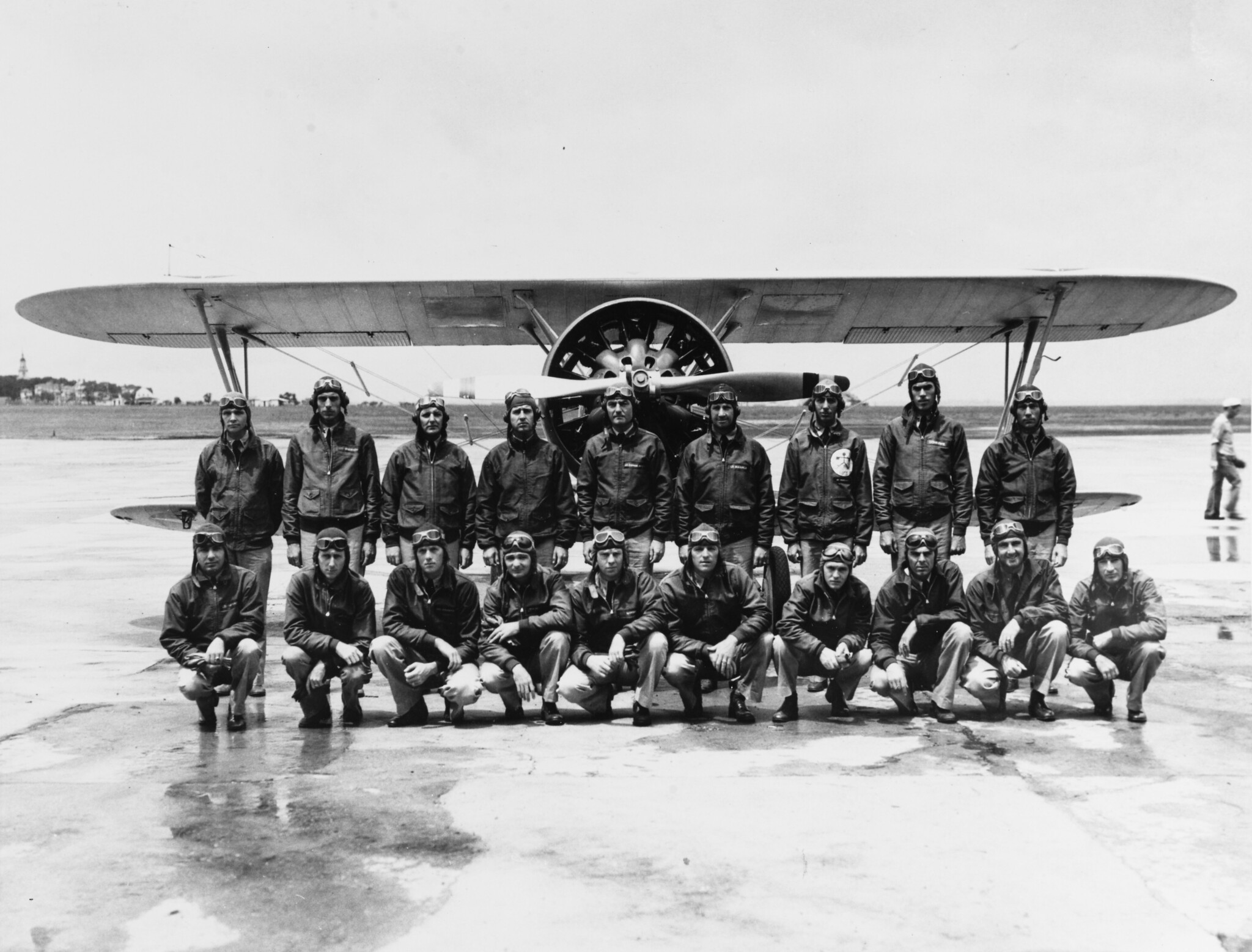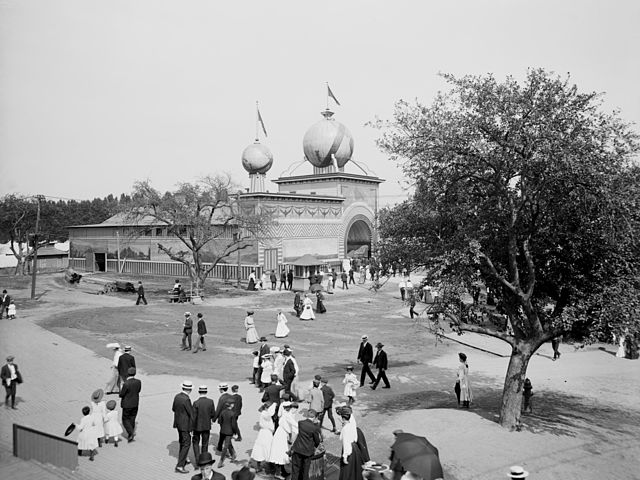World History
- The Start of the Korean War (June 25, 1950)
On June 25, 1950, the Korean War began when North Korea invaded South Korea, setting off a major conflict that would last for more than three years. This event marked a significant chapter in the Cold War era, drawing military involvement from the United Nations, primarily the United States, to aid South Korea, and China assisting North Korea.
- The Signing of the United Nations Charter (June 26, 1945)
On June 26, 1945, representatives of 50 countries convened in San Francisco to sign the United Nations Charter, marking the birth of the United Nations. This pivotal event set the stage for an era of international cooperation and dialogue, creating a platform aimed at preserving global peace and promoting security, social progress, and human rights.
- The Introduction of the Barcode (June 26, 1974)
On June 26, 1974, the first Universal Product Code (UPC) barcode was scanned in a supermarket in Troy, Ohio, USA, for a pack of Wrigley’s Juicy Fruit chewing gum. This marked a major revolution in retail and inventory management systems globally, increasing efficiency and transforming how businesses operate.
- The Establishment of the European Monetary System (July 1, 1990)
July 1, 1990, marked the first step towards monetary unification in Europe with the establishment of the European Monetary System, aiming to stabilize exchange rates and counter inflation. This event was a crucial milestone on the path to creating a single European currency, leading to the introduction of the Euro nearly a decade later.
- Hong Kong’s Handover to China (July 1, 1997)
On July 1, 1997, after more than 150 years of British control, sovereignty over Hong Kong was transferred back to China. This marked the end of British colonial rule and the beginning of the ‘one country, two systems’ principle, under which Hong Kong maintained its own legal and economic systems separate from mainland China.
Cleveland History
- The Founding of the Cleveland Museum of Art (June 26, 1913)
The Cleveland Museum of Art, one of the most visited art museums in the world, was officially incorporated on June 26, 1913. Its objective to make art accessible to the community has been the cornerstone of its existence, housing an extensive and varied collection that spans 6,000 years of human creativity. Today, the museum stands as an emblem of Cleveland’s rich cultural scene.
- The Groundbreaking of Quicken Loans Arena (June 27, 1992)
On June 27, 1992, the groundbreaking ceremony for the Quicken Loans Arena, now known as the Rocket Mortgage FieldHouse, was held. The arena has become a major sports and entertainment venue in Cleveland, home to the NBA’s Cleveland Cavaliers and host to a wide range of concerts and events.
- Euclid Beach Park Closing Announcement (June 28, 1969)
Euclid Beach Park, a beloved amusement park that served the residents of Cleveland for 74 years, announced its closure on June 28, 1969. The park, which officially closed later in September, held fond memories for many Clevelanders, with its thrilling rides, iconic carousel, and famous Humphrey popcorn. Its closing marked the end of an era for Cleveland’s leisure scene.
- The Opening of the Cleveland Hopkins Airport (July 1, 1925)
On July 1, 1925, Cleveland Hopkins Airport, now known as Cleveland Hopkins International Airport, was officially opened. Named after its founder, William R. Hopkins, it was the first municipal airport in the United States to have an air traffic control tower. Over the years, the airport has played a critical role in the city’s growth and connectivity.

